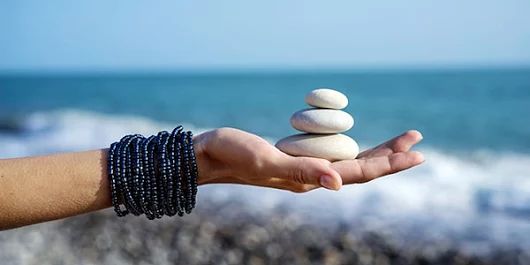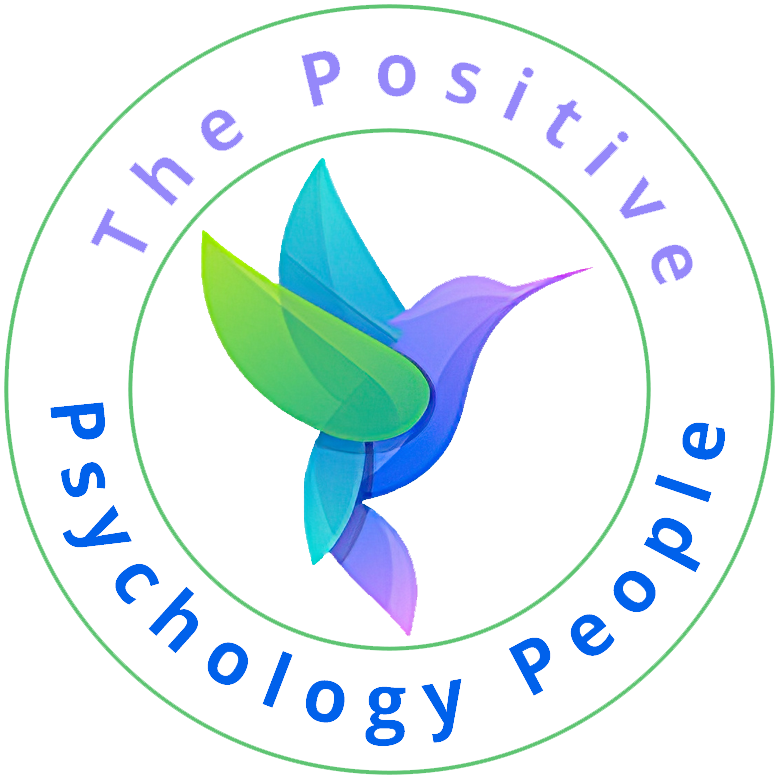
by Sarah Monk | September, 2018 | Change, Sarah Monk
Positive Psychology and Change The rationale of Positive Psychology (PP) in discerning the factors which promote wellbeing, flourishing and meaning in life, implies a call to change. Even positive and desired change can be problematic. The extent to which change is possible has been a central consideration of the study of personality and the focus of diverse forms of therapy. The question of nature Vs nurture in influencing behaviour, emotions and cognitions tends to be conceptualised as one of complex interactions. It is now known that not only can genes influence our interaction with the environment but contextual factors can also facilitate or inhibit the expression of genes. Against this background both continuity and evolution of the individual psyche are shaped throughout life. Living with an Evolved Brain As Gilbert (2009) highlights, we live in a modern world with a brain that evolved to help our species survive in very different circumstances to those of today. Thus our unconscious mental processes can undermine our wellbeing. Our brain evolved to deal with an environment of scarcity, not the plethora of choice facing us in current Western society. Thus, our tendency to strive for more and our sensitivity to threat which enabled us to become the dominant species on the planet, leave us vulnerable to difficulty in modulating our needs and desires in the face of plenty. This is compounded by our individualistic culture with it’s inherently competitive mentality. Too often we are trapped by the modern plagues of obesity, addiction and the hedonic treadmill which causes us to always strive for the next big thing. We are not good at...

by Amy Poole | September, 2018 | Amy Poole, compassion
When being asked to consider questions such as “Who can you rely on?” “Who makes you feel good?” “Who is always there for your emotional needs?” we tend to picture one person in our mind immediately or handpick a few of our peers who perhaps embody the answer to one of those questions, but not all of them. It is highly unlikely the vast majority of us would answer those questions with “me.” When actually, the only person we can ever 100% count on to ever fully answer any of those questions is in fact, our self. We tend to accept self-criticism as the norm, for instance, ask yourself this: how often do you wake up in the morning with a thought loaded with negativity? As a young woman in the 21st century, common thoughts that occur to me following the most peaceful of nights rest include: “I look fat in this dress” “The bags underneath my eyes reach my chin” or “it’s so embarrassing that the only person who shares this bed with me is my dog” Any of these sound familiar? If so, ask yourself how you would feel if your best friend said any of those things to you? Is it even likely you would still want that person to be your friend? If so… you need new friends and new standards of friends. More to the point, how offended would you be? How long would the impact of such comments last? So why are we so blasé about saying those things to ourselves when it would hurt to hear it others? Research from Miraca U....

by Lisa Jones | September, 2018 | Mindfulness
Using savouring to expand our mindful experiences into appreciation There is a great deal of information out there that suggests we should engage in being more mindfully in the present moment. This blog explores what this means, and considers whether savouring might be an alternative way to be present, whilst also being appreciative of the world around us. What is mindfulness? According to Gilbert and Choden (2013) mindfulness is the “deliberate intention to observe the activity of the mind in a non-judgemental way” (p.257). It is typical of many of us to be caught up in our thoughts and not be fully present with what we are doing, thinking and feeling at any given time. Mindfulness is really beneficial to encourage us to slow down, stop and be in the here and now. An important aspect of mindfulness is the intention to not judge. This is to accept how you feel, what you see, and simply accept what is. By being more aware of what we are feeling, thinking and doing, we can make more informed choices about our well-being and how we might impact other people. Limitations of mindfulness Mindfulness has many valuable benefits to us that are being used more and more in therapy and activities that help us cope with our hectic lives. But like all interventions there are limitations. For instance Kashdan and Biswas-Diener (2015) tell us we need to be ‘mindless’ sometimes. We cannot sustain mindfulness all the time. We rely on the subtle messages picked up subconsciously, where we make sense of the complex world quietly in the background as we move through...

by Laura Acosta | September, 2018 | Strengths
“Nice to meet you. It’s a wonderful starry night, have you seen the epic full moon tonight? Do you also enjoy taking photos of colorful sunsets or feel a bit reassured when you spot the moon while walking alone at night? Isn’t being alive and able to witness the beauty of nature such a gift? I get excited and touched just thinking about it. I thought it was just me being weird or overly sensitive until I took the VIA strengths test and found that my top character strength is ‘appreciation of beauty and excellence’ – did you know that was a thing? My dream is to express this love of life, this feeling of magic through writings and paintings. What is your dream?” Bam! Instant connection. While above introduction might seem long-winded and maybe even a bit heavy (depending on the atmosphere and location it might be appropriate or not – although you might even be able to break the prevalent mood if you stand with some confidence). Enthusiasm, curiosity and rawness are contagious. Who wants to spend time talking with a lifeless, boring person? Whether the other person enjoys sunsets and full moons or not, they will be intrigued. You may or may not connect over last week’s gorgeous pastel colored sunset. In any case, you showed them a bit of your quirks and they might inquire about the strengths test mentioned. Or after some warming up they might share a bit about their hopes and dreams. In any case, it will be a memorable meeting. Most introductions tend to be superficial and boring. We are afraid...

by Aren Henry | September, 2018 | Karen Henry, Noetic Nomad
Truth is, if you look me in the eye and lie to me, I’m not going to say anything, or question it, but I am going to know you did it. Truth is, if you like me, I’m going to know that too. Again, I won’t do anything about it, but I will be conscious of the truth of our connection. We’re all capable of mastering this awareness of others. Just, not as much time removing ego from the nuance of it. This pocket of awareness doesn’t just happen. We have to unlearn everything our upbringing throws at us, then learn how to be authentically ourselves. It takes training. We know truth through our intuitive self. Don’t we? We’ve all felt compelled to keep peace by telling white lies. “Do i look good in this color?” or, “Do you like my new haircut?” Sometimes, people don’t want an actual answer. Others? At the core of their being, they know the truth, but live in denial. Others still? Fishing for compliments & validation. Delve Into Truth Some of us use our empathic or intuitive powers. Some of us are active coaches or therapists who understand human nuances (micro expressions) so know when we’re being told an untruth. Some of us have been through life events that have turned our thoughts so deeply inward, that wanting to understand human nature is our only option. Empathy, compassion, active listening, internal happiness are one path. The only path for me personally. It’s the job of a good coach or therapist to challenge or reflect on it. It’s the job of a good teacher...






